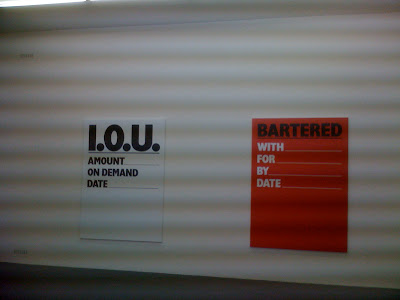Seeing as I am based in Holland, I thought it time to write a bit in Dutch, and for a Dutch blog.
It all started with a book several years ago. Called "The Game". It describes journalist Neil Strauss, on his quest to become PUA, Pick Up Artist. The book was a bestseller. But also ensured that women got insight into the workings of these PUA's.
Because, despite all the shits and giggles, these gentlemen had a process. Their practices were secretly shared on forums and message boards.
Method vs. Natural
This new group was a response to the way it had been up till now. Until now, PU's were a series of steps and mechanics. First there was the opening, then the routine, then increasing the tension and finally .. action. Hence the name Method.
But by now the audience knew how it worked, the effect became less strong. This led to even crazier openings, increasingly complex routines. But this did not lead to improvement in outcome. Only more noise and ridicule.
Group two said that a pick-up (PU) was a spontaneous, natural thing, and that you as a PUA attracted women by being yourself. The best self you can be, but still yourself.
For followers and gurus, this is a more difficult path. It requires self-improvement of personality, appearance and self-confidence before you proceed to chase. But if we believe the feedback the Natural way is beating Method.
Action speaks louder than words
Yeah ... .. so what you're think. This is a marketing blog. Correct. And from a marketing standpoint there are some interesting observations.
Google, Hyves, Facebook, HBO, Skype, show us that many of the strongest brands over the last 10 years were built by attracting customers through a disproportionate focus on product and service innovation. Not product and service communications (which still plays a role, but a lesser one).
Research of the University of South London shows us the same. In a study of purchases over time, researcher Charles Graham discovered that despite large amounts of money brands spend, market shares remaines stable. He saw that the market shares of most brands in the study increased or decreased by 3 percent, but always within that margin.
So ...
Like PU gurus we are in a crisis. Consumers are more aware of our practices, trust the advice their friends more than our commercials and many businessowners and CFO's can't get a good answer to the question of "what that budget is contributing to the bottom line".
Only we will have to look at ourselves first. For an industry that brags about innovation and creation, we have only played a modest role in the creation of the above mentioned brands or the many other innovations that we know.
For just as women do not mind a talking to fun, spontaneous guy who, in addition to humor and self-confidence, actually has something to say, consumers have nothing against seduction by advertising, products and services, or spending money.
Only the umpteenth variation on "Don't I know you from somewhere ..." will not get us of the list of "things which can be cut", just as it won't help PUA's get dates...












